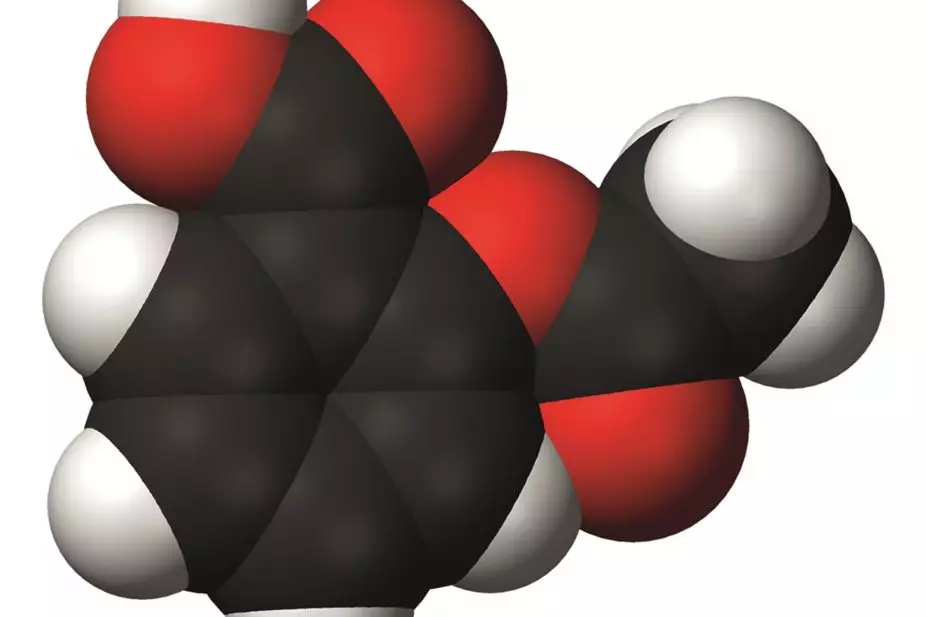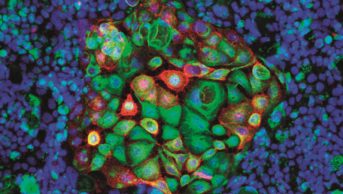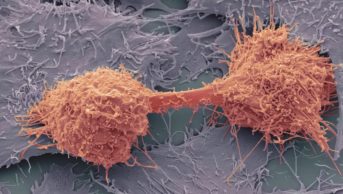
Wikimedia Commons
Emerging data show that daily aspirin reduces cancer incidence and mortality. However, the role of aspirin in primary prevention remains unclear in view of the associated increase in major bleeding.
In an attempt to answer this question, Frank Visseren, from University Medical Centre Utrecht, the Netherlands, and team used data from the Women’s Health Study to model the effect of 15 years’ treatment with alternate-day low-dose aspirin on the combination of cardiovascular disease, cancer and major bleeding events in initially healthy women.
For most women, the long-term benefits of aspirin did not outweigh the increase in major gastrointestinal bleeding. However, selective treatment of women aged 65 years and over “may improve net benefit”, conclude the authors in Heart (online, 4 December 2014)[1]
.


